Living in California over the past 14 years, I’ve noticed a lot of changes. One of the biggest changes, however, has been the profusion of new vineyards. Driving on I-5, the interstate that passes right by my house as it runs the length of California, I notice more and more vineyards along the highway. Here in Sacramento, there are even “urban” vineyards dotting the suburbs.
I love wine, and the wines of California in particular, yet sometimes I can’t help but wonder how all this growth in California’s wine industry affects the environment. Energy and (especially) water consumption are hot topics here, so every time I see a new vineyard or winery, I’m reminded of this industry’s significant demand on our resources. I wonder how much water is being used to cultivate those grapes, or how much energy it takes to power the production of our wine, concerns that have only increased in the past years of severe drought.
Like many, I care about climate change and the world that we leave behind for future generations, so I have made an effort to embrace small steps toward sustainability in my home life. I drive an electric hybrid car, we’ve been composting with worms for more than a decade, we buy only local, organic produce, eat very little meat, and use water and energy with care. Ultimately, this respect for the environment spilled over into my love of wine.
Sustainable winemaking:
Sustainable winemaking can take many forms, from the way grape growers farm their vineyards to winery design and energy consumption. I’ve learned about sustainable wine programs and visited plenty of wineries that use biodynamic, organic or sustainable practices, but I’ve still wondered if it was enough, which is why I was eager to learn more about the remarkable work going on at Fetzer Vineyards. I knew that the wine industry offers a unique set of challenges to sustainability, namely significant power and water needs.
Fetzer Vineyards stands out in the U.S. wine industry because it has put sustainability at the very forefront of its vision. Today practicing “regenerative winemaking,” Fetzer Vineyards focuses on crafting wines while giving back to the earth instead of depleting its resources. Though this may sound like a recent trend in agricultural food and wine production, Fetzer Vineyards has taken an earth-first approach to winemaking since Barney Fetzer founded the winery in 1968. His philosophy was simple: what’s best for the earth is best for the grapes, and better grapes make better wine.
The legacy of earth-friendly winemaking continues today with Josh Prigge. The company hired Josh as Director of Regenerative Development in 2014 with the goal of going beyond what it had done before to tap into still more ways winemaking can have a positive impact on the environment. Since then, Fetzer Vineyards has taken the lead in sustainable winemaking and become the largest winery in the world to be B Corp-certified – no small feat considering that B Corp standards are considered among the highest for social and environmental responsibility in business.
What are some of Fetzer Vineyards other key milestones?
- 1st U.S. wine company to operate on 100% renewable energy – 1999
- 1st winery to publicly report and verify greenhouse gas emissions with The Climate Registry – 2005
- 1st recipient of Governor’s Enhanced Environmental and Economic Leadership Award – 2008
- 1st winery certified Zero Waste by the U.S. Zero Waste Business Council – 2014
- Only U.S. winery invited to present at the United Nations’ Paris Climate Talks – 2015
- 1st U.S. winery certified CarbonNeutral® by Natural Capital Partners – 2016
All these milestones in sustainability are not enough for forward-thinking Fetzer Vineyards. Their next goal is big: to be net positive by 2030. What is “net positive,” you ask? Josh explains, “The Net Positive Project is a movement that seeks to offer practical solutions for a new way of doing business that puts back more into society, the environment and the global economy than it takes out.” To me, the company’s leadership in sustainability demonstrates what business can be—a lightning rod to better communities and our planet. As Josh puts it, “I firmly believe that business has a higher social purpose beyond just profit. Ultimately, transforming our future requires not just small, incremental steps toward sustainability, but rather a big, unifying vision and framework to guide businesses in becoming positive contributors to environmental and community regeneration on a global scale.”
As businesses consider their role in today’s world, the goals and achievements of Fetzer Vineyards are examples of how hard work and innovation, together with good intention for the earth, combine to result in success for both business and the environment.
The wines:
We’re lucky in California to have such a wealth of great wines, but picking one can be hard when the sheer number of options is so overwhelming. Fetzer wines are not only a good ethical choice, but also an economic one for their excellent value (most are just around $10 a bottle). These are my favorites:
Fetzer 2015 Echo Ridge Sauvignon Blanc:
This refreshing wine has plenty of apple and peach flavors, and with a hint of sweetness, it’s a great choice for a pre-dinner wine or with hors d’oeuvres.
Fetzer 2014 Monterey County Riesling:
This Riesling is a delicate, easy-drinking wine with a touch of sweetness. Crisp acidity balances the wine, leaving it with a smooth finish. Lovely aromas of dried fruit and flowers lead to peach, pineapple and pear.
Fetzer 2014 Shaly Loam Monterey County Gewürztraminer:
I’m not normally a sweet white fan, so I was pleasantly surprised with this dynamic Gewürztraminer. Tropical flavors are balanced by acidity, and with a bit of pop on the palate, this wine is a fun choice when you’re looking for a white wine with some character.
Fetzer 2015 Valley Oaks Cabernet Sauvignon:
A nice Cabernet for the price, this wine delivers without overwhelming. Rich dark fruits and spice play in this surprisingly complex wine, but its medium body and structure make it a sure crowd-pleaser. I’d like to try this wine again after it’s had time to develop in the bottle.
Fetzer 2014 Eagle Peak Merlot:
My favorite of the Fetzer wines that I tried, this Merlot is layered yet approachable, a good choice to pair with food or to drink on its own. This balanced wine has plenty of bright cherry and blackberry flavors plus a layer of toasty oak.
Note: Fetzer Vineyards is not open to the public, but their wines are readily available at supermarkets and wine stores.
What innovations in sustainability have you seen in business lately?
Photos courtesy Fetzer Vineyards
Disclosure: This post was sponsored by Fetzer Vineyards, but all opinions (and enthusiasm for sustainability!) are my own.

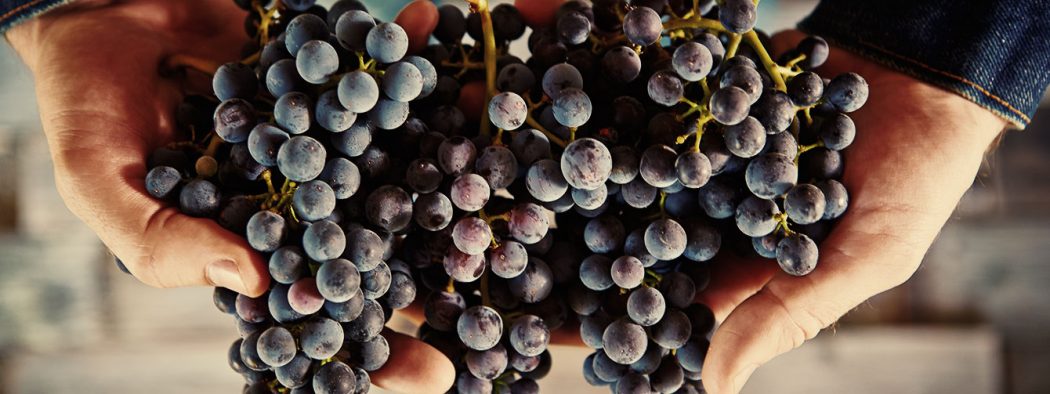
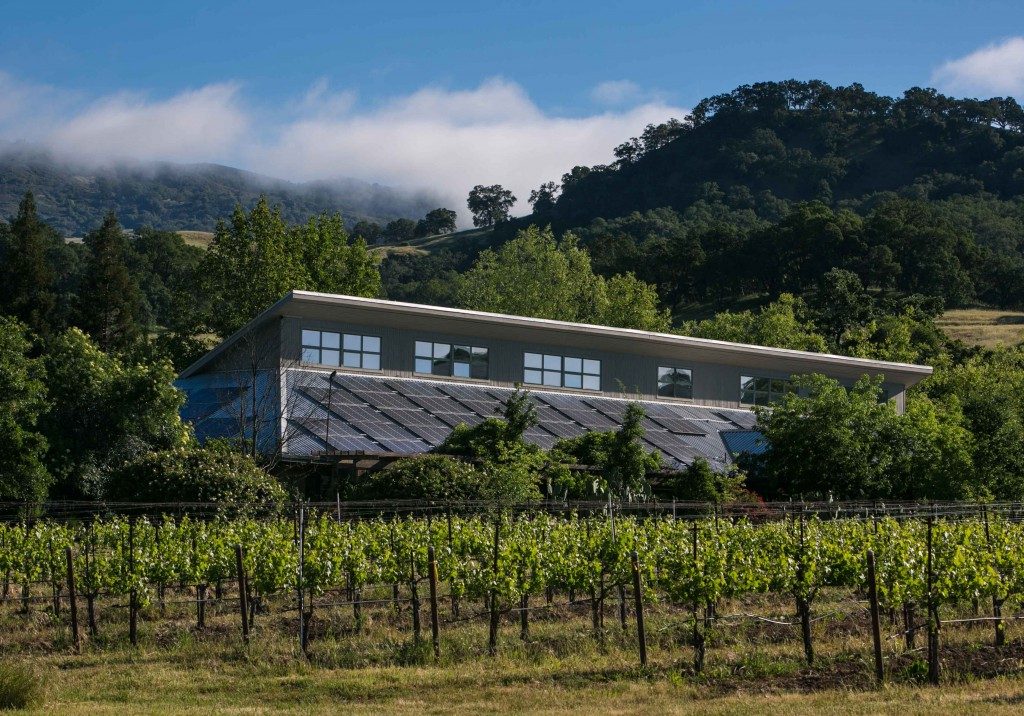
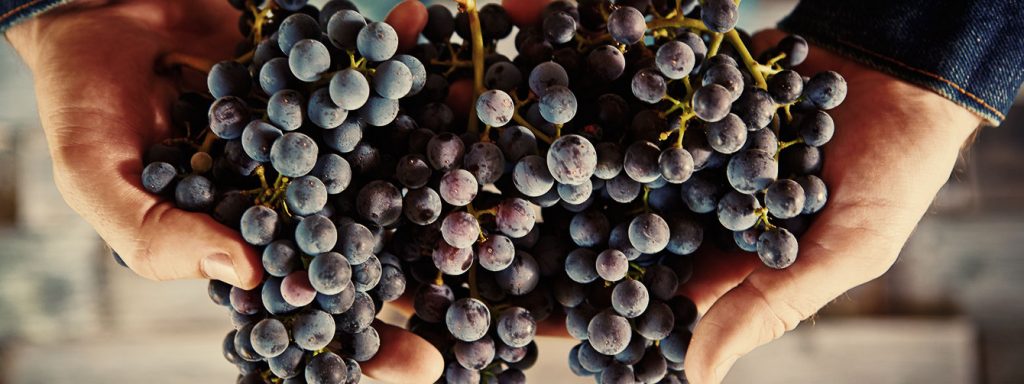
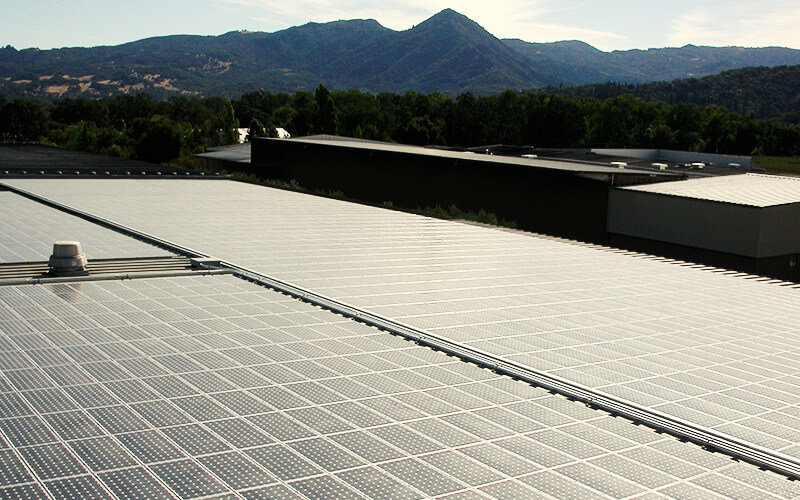
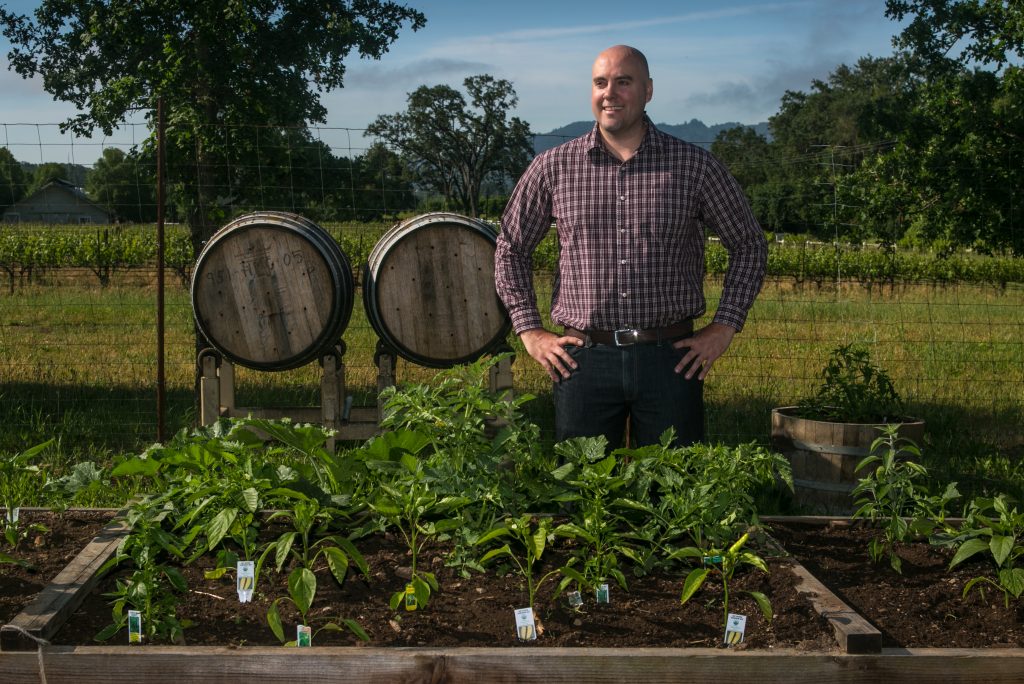
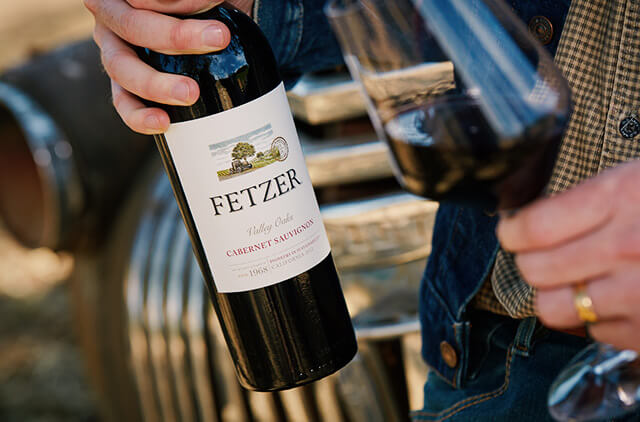
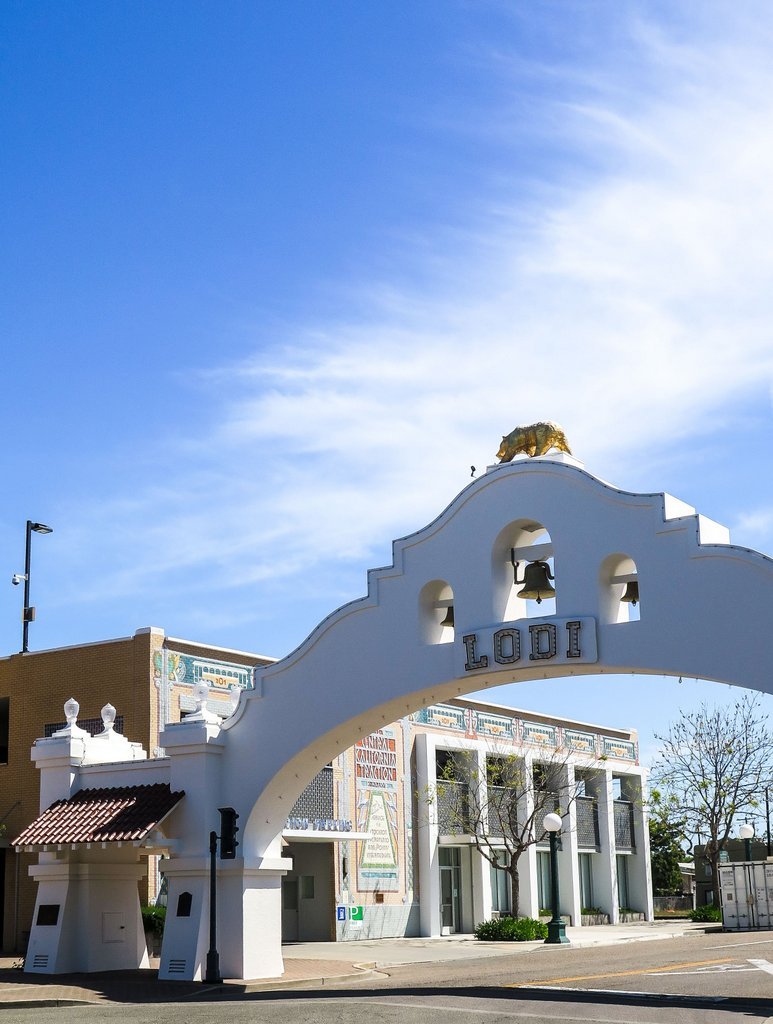
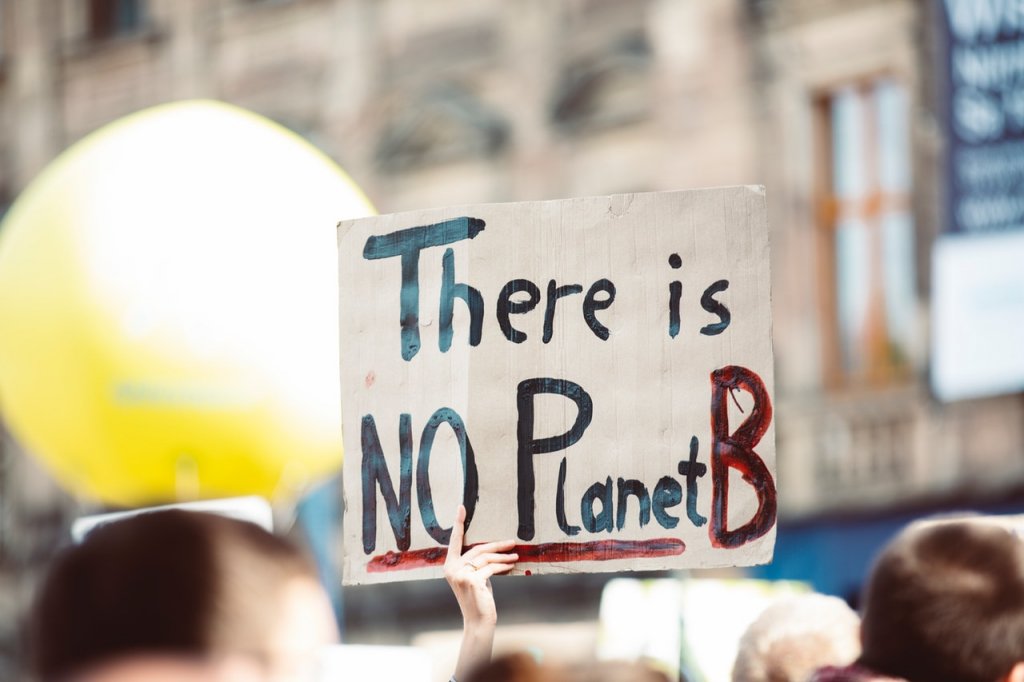
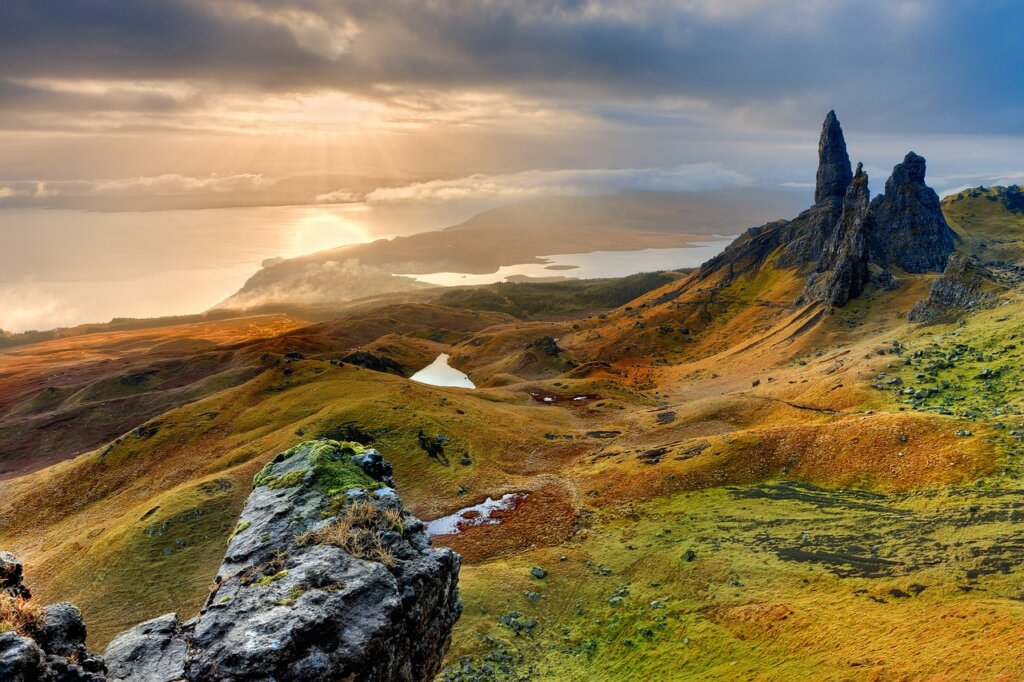
I would absolutely love to visit this place, thank you for covering it! I have visited a few likeminded places in Italy where the categorizing is a bit different between biodynamic vs. natural vs. organic. The natural wine movement here is growing and I’m liking what I see so far (as a non expert).
I enjoy visiting wineries that are using sustainable, organic, and biodynamic methods, too. Thanks for sharing what’s happening with the wine industry in Tuscany!
I feel like I know of Fetzer, and I’m not sure if maybe I visited during my four years living in the Bay. Regardless, I’ll definitely plan a visit to see them in Mendocino next time I’m back up that way!
The winery isn’t open to the public, so I think you know the name because of the popularity of their wines.
It’s so nice to see a very large winery putting sustainability at the forefront. And their Net Positive goal is extraordinary. I typically lean toward purchasing from small vineyards where I know the winemaker, just because I want the inside scoop on their practices. Thank you for providing the inside scoop (and good inside scoop at that) on one of the big guys. Makes me happy that I can pick up a bottle of Fetzer guilt free!
Yes, their goal is extraordinary indeed. I also like to purchase from smaller wineries when possible but am happy now to have a large winery that I can feel good about getting behind.
I don’t even know the last time I had a Fetzer wine. I had no clue about their efforts for sustainability and “giving back” to the earth. The regenerative concept is one I have not heard of, and I live in Sonoma County, which is attempting to be the first wine producing region that has 100% sustainable production.
Really interesting, and perhaps I’ll give Fetzer a try next time I’m at the store!
I didn’t know that about Sonoma County. Very cool!
Its been ages since I visited Fetzer! I should definitely swing by the next time I am in their neck of the woods! The Merlot sounds delicious as does the white varieties.
This is fantastic and so very interesting! Well done to Fetzer for making this an important part of who they are!
I’ve always had a soft spot for the Fetzer Sundial Chardonnay and after reading your post, I can’t wait to patron more of their wines! Love it
Love Fetzer, and did not know that it operators on 100% renewable energy. Like you, I operate a lifestyle with as much organic produce, recycling and clean energy focus as I can, so it’s always a pleasure to read an article supporting sustainable practices. Sustainability is really an investment in not only Fetzer’s production, but in humanity and it’s so refreshing to hear that they recognize and strive towards that.
-Greig
I whole-heartedly agree! Their concern for the larger whole is evident in their interest in what’s good not just for them but also for their community and environment.
Here in Bordeaux, part of the controlled destination of origin regulation don’t allow for the grapes to be irrigated, so the only water they get it from the rain and the water the root stock can reach from the soil. Even so, more chateaux are starting to do things like produce biofuel to be more sustainable.
Interesting! Thanks for sharing a bit about wine production in Bordeaux. There are lots of vineyards that practice dry farming here, but others use irrigation in varying ways. With the climate being so dry here, I guess each vineyard decides how to use water, but dry farming seems to be a trend.
Fetzer is one of my favorite chardonnays! I never knew that they were innovators in sustainability! Now I like them even more!
I love Fetzer’s Gewurtztraminer! Love to hear what they’re doing with sustainability! Hope other wineries follow suit!
Yes, I hope other wineries follow suit, too!
Fetzer’s commitment to putting more back into the world than they are taking out is admirable. I wish more companies would put the greater good above profit. Thanks for sharing this thoughtful piece, Jenna.
Admirable indeed!
What an inspiring winery!
Having an organic winery is so much work and takes a lot of dedication. We have a few here in the Okanagan winery and when you visit you can hear some of their stories.
I would love to visit one day!
It is a pleasure (and a stroke of insight) to peep into the sustainability practices of a company. It is refreshing to find that genuine care and creativity are the true tones. Thanks for sharing the details Fetzer. Cheers to you, lovely piece.